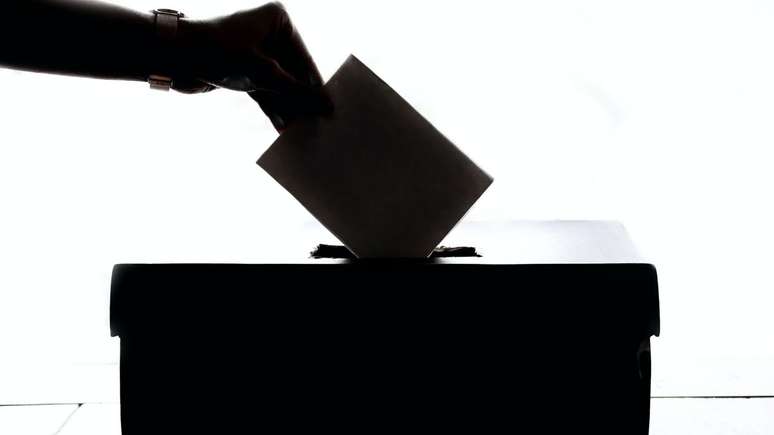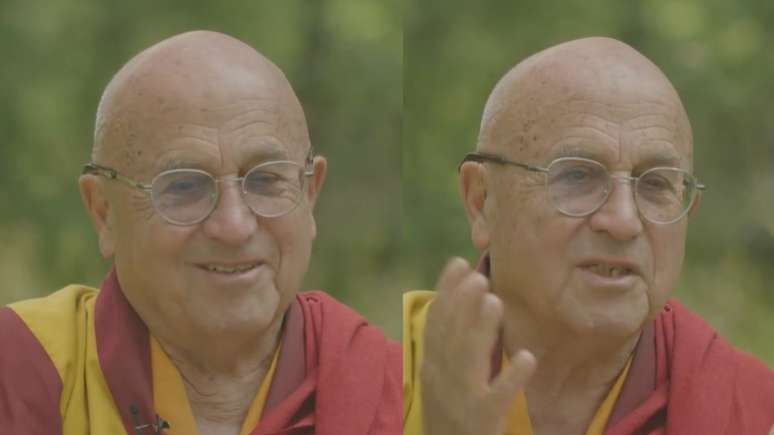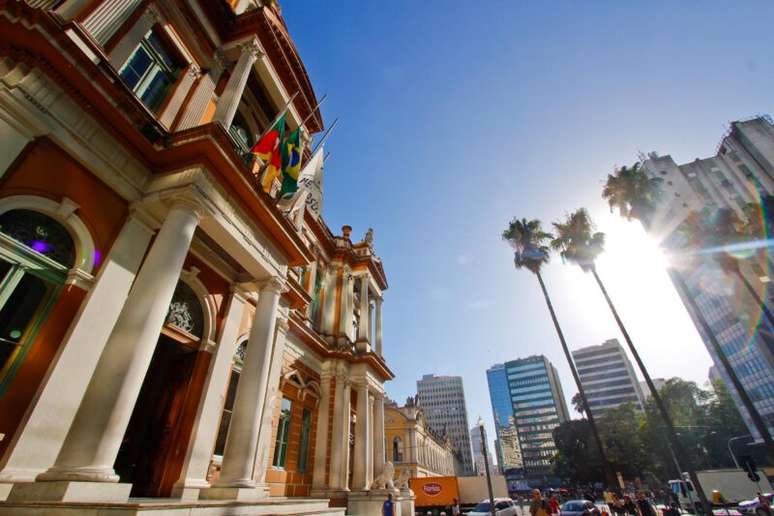On February 24, 1932, women began to obtain the right to vote. Decades later, the struggle for political participation continues
“My dear Brazilian men and women, by sovereign decision of the people, today will be the first time that the presidential sash will encircle the shoulder of a woman”. That was how it was Dilma Rousseff began her inaugural address in 2011 when she became the first female president in the history of Brazil. Even with the possible impeachment, her victory was significant: never had such a high position in the country’s politics been destined for a woman.
html[data-range=”xlarge”] figure image img.img-3e9548a69b0b3d495081ff9245f650e8jhuyrqpk { width: 774px; height: 435px; }HTML[data-range=”large”] figure image img.img-3e9548a69b0b3d495081ff9245f650e8jhuyrqpk { width: 548px; height: 308px; }HTML[data-range=”small”] figure image img.img-3e9548a69b0b3d495081ff9245f650e8jhuyrqpk, html[data-range=”medium”] figure image img.img-3e9548a69b0b3d495081ff9245f650e8jhuyrqpk { width: 564px; height: 317px; }
This landmark bears a history of struggle that began centuries ago. Among the various decisive moments for the women’s conquest of greater political participation, February 24 stands out. It was on that date, in 1932, that women acquired, for the first time in the country, the right to vote with Decree 21.076 of the President Getulio Vargas.
For the first time women vote legally in Brazil
While significant, the right was not universal and did not mean equality with male suffrage. Women’s suffrage, reserved for women only, was compulsory only for women who had paid work. The total equalization of female and male electoral rights took place only 35 years later, in 1967. “Let us therefore celebrate, on this February 24th, the 91st anniversary of a goal that was not integral”explains Gisella Franceprofessor and PhD in criminal law at the UERJ.
Even relative, such progress has been significant and arduous. Brazilian women’s wrestling accompanied an international movement that took place between the 19th and 20th centuries in the United States and Europe. Women who claimed the right to vote became known as suffragettes – suffrage means a vote. As a result of the clash, in 1893, women were allowed to vote for the first time in New Zealand.
40 years later, in a coroner, oligarchic and agrarian Brazil, the government of Getúlio Vargas appears. According to the teacher it is “near the city forces him [Getúlio] perceives the possibility of incorporating the right to women’s suffrage to garner more votes”. It is with this opening that women’s participation in politics begins to gain ground.
Big names in women’s wrestling
Different names mark the suffragist struggle on Brazilian soil. Bertha Lutz stands out on this trip. Being of the elite, she was able to travel outside Brazil. Bertha returned with the will to bring women’s rights to the country that she saw in other parts of the world. “Evidently the struggle of these women has been poorly received by the elites. It has had a great impact in the press,” reveals Gisela. The reverberation in the media has taken the debate to the next level and into the public domain.
Leolinda On the other also played an important role. A teacher who has carried out humanitarian work with the indigenous people, “she created the female Republican Party and is one of the forerunners in Brazil of the vote for women”, explains Professor Gisela França. In 1919 Leolinda Daltro ran for mayor of Rio de Janeiro, she being the first Brazilian candidate in municipal elections.
“Women have always been ‘seen’ invisibly”
Understanding the difficulties that women have had to enter the Brazilian political scene is to understand that there has always been a belief in the “incompetence” of the female sex. “When we talk about invisibility, we think of invisibility since the dawn of humanity. In fact, women have always been ‘seen’ in an invisible way, in the sense that we women are considered to lack both intellectual capacity and physical capacity “explains Gisela.
She also explains that female participation in politics cannot be limited to voting. For the doctor, “The place of women in politics is not just the right to vote acquired 91 years ago, on February 24, but rather the right to be voted, elected. This affects the representativeness and quality of Brazilian democracy”.
violence against women
With women in power, women’s population issues start to be more driven and worked on, as well as the example of violence against women. “We women are still victims of gender violence and death, and this is a Brazilian and global problem. Then the question of voting returns, the question of politics returns, because it is extremely important that we adopt political public security measures specifically aimed at women”adds the teacher.
Gisela also communicates that Brazil is at a disadvantage in terms of the number of women holding political office. “According to the 2020 map of women in politics, Brazil ranks 145th for the number of women in parliament, out of a total of 187 countries”, points. The number contrasts with the electoral majority occupied by women. According to the Superior Electoral Court, about 52% of voters are women.
“In the Senate we occupy 12 seats, i.e. less than 15% of the 81 seats”, disputes the Doctor. Despite progress, data like this demonstrates the need to continue fighting for greater equality in positions of power.
Gisela completes it again “we need a policy of incentives and quotas for women in politics, given that we have this enormous under-representation and this blatant Brazilian underdevelopment”. The construction of these political figures must take place with the help of the respective parties, because someone’s candidacy does not happen quickly. The process is slow.
How do the nominations take place?
Michael BravoMaster in Human Rights and Public Policies, explains how these applications are made: “There are many third sector initiatives to train future candidates or strengthen women’s campaigns. This is fundamental, because it creates a strengthened network in which women see each other and know they are not alone on this journey”. He also explains that the existence of quotas in parties can be very positive and inclusive.
The fight for equality takes place in all spaces, not just politics. “It takes place in our domestic space, with our family, it takes place in education, in our school and university, in high school or elementary school, with our teachers. It takes place in debate and in all spaces where women want to be and where democracy allows us to be”Gisela concludes.
Source: Terra
Ben Stock is a lifestyle journalist and author at Gossipify. He writes about topics such as health, wellness, travel, food and home decor. He provides practical advice and inspiration to improve well-being, keeps readers up to date with latest lifestyle news and trends, known for his engaging writing style, in-depth analysis and unique perspectives.







-u856n76lmfjq.jpg)
